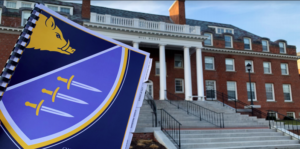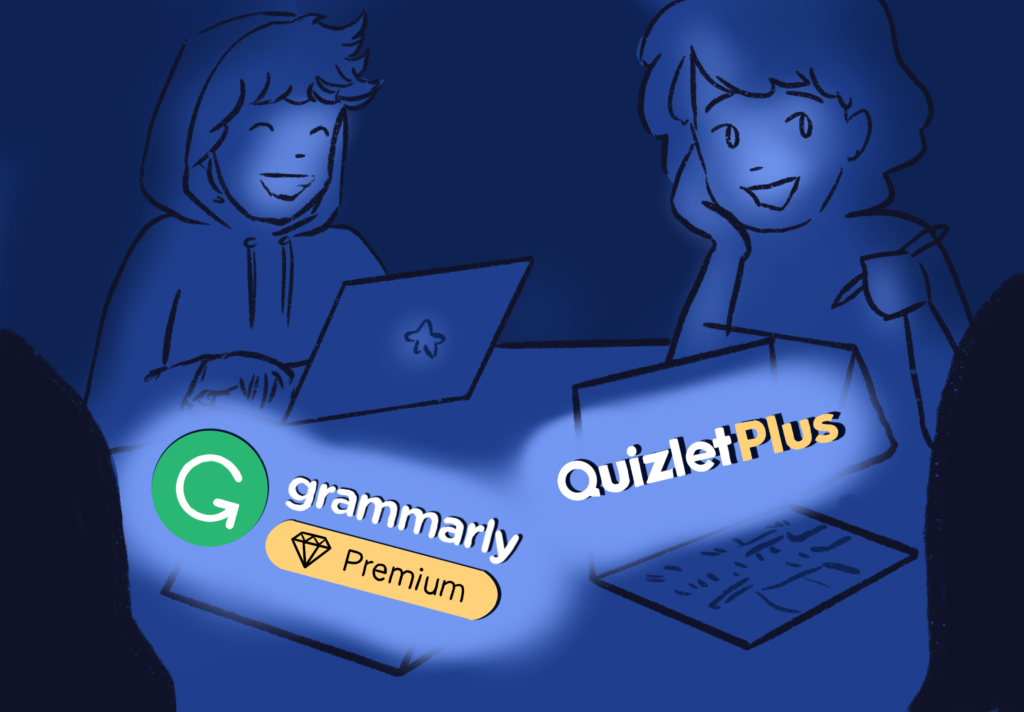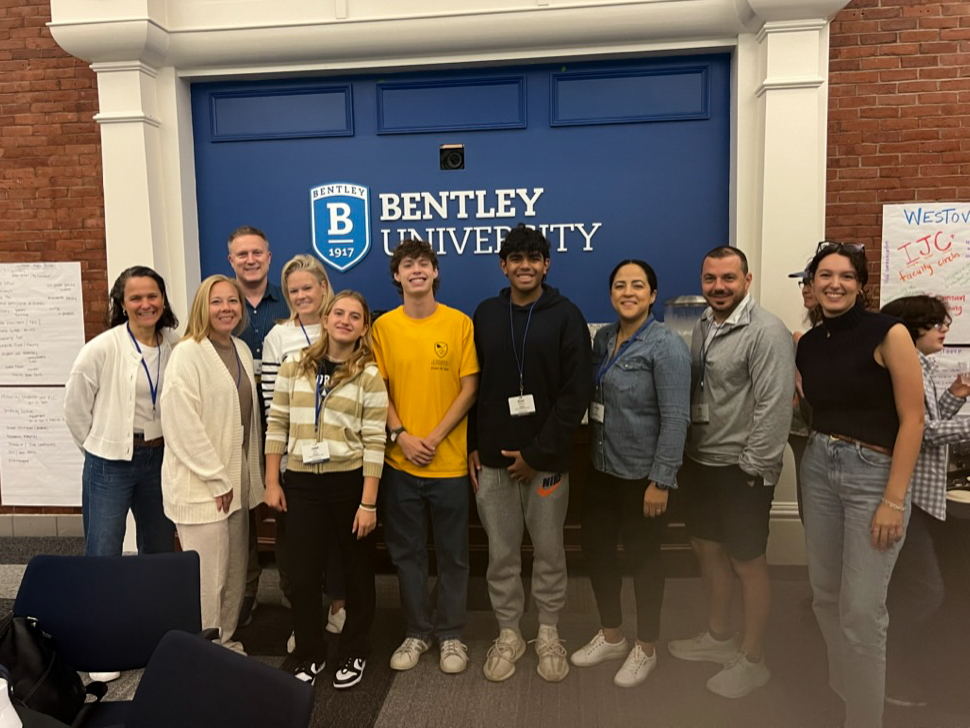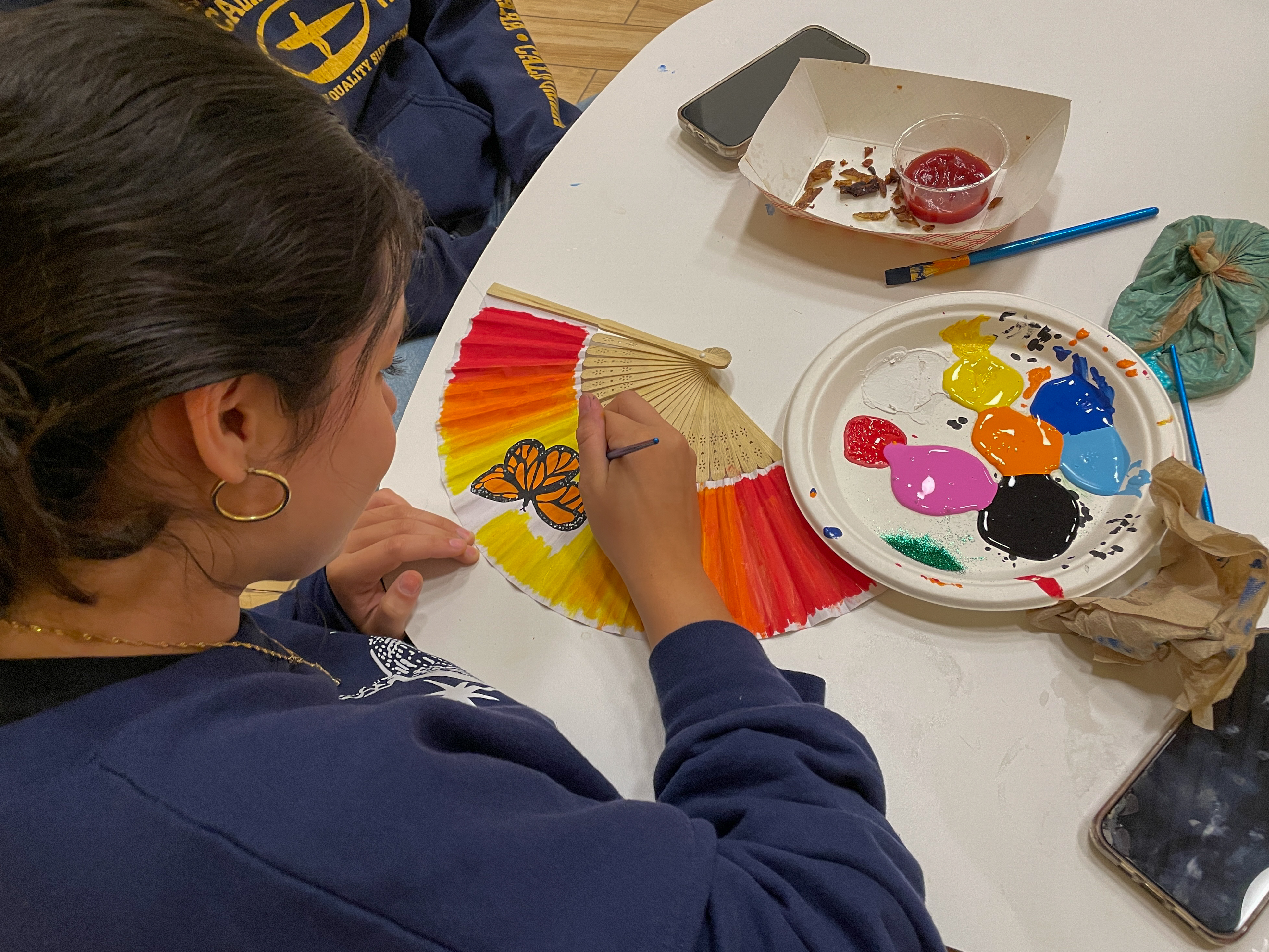At the beginning of the school year, the School introduced a new substance abuse intervention program — known as Safe Haven — replacing what was called Crisis Intervention. The new policy introduced a number of changes, notably the right for students to seek amnesty for chronic alcohol or drug use. Prefects underwent training before the start of the school year, and the policy was announced at one of the year’s first School Meetings.
According to Mr. James Stanley, Dean of Students, the new policy has so far been successful. “More students have demonstrated willingness to speak up for themselves or for their peers,” he said. “I also think that the rolling out of the policy has been helpful because it has simply led to more conversations, and that’s been good.”
The policy’s success can be attributed in part to more extensive, school-wide conversations that clarify details of contention. One such clarification relates to the number of times Safe Haven can be invoked. “Students did not understand that under the Crisis system, Crisis could have been invoked more than once,” said Mr. Stanley. “But that policy had language that said it could be invoked more than once. Rolling out Safe Haven and talking through it in small groups and at School Meeting, that emphasis is something people now understand, even though it was there before.” Anish Deena ’19 said, “I definitely understand Safe Haven much more than Crisis. I think there is definitely less of a negative connotation on it, too.” As a result, the new policy has been used more often, according to Mr. Stanley.
Safe Haven also allows students to invoke intervention when their peers are not in a moment of crisis, but have an ongoing substance or mental health problem. Mr. Stanley said, “Opening up the ability to invoke Safe Haven for students who have chronic issues but aren’t necessarily in a dangerous spot at a particular moment has been helpful. The title ‘Crisis Intervention’ made it quite clear that it was meant for a situation where a student was in current jeopardy.”
With the change, positive effects have definitely been felt throughout the community,.“I think opening that avenue has been helpful, because there have been a number of times this year that students have invoked Safe Haven for somebody who is not currently drinking or using drugs, but there is a real concern amongst the peer group that there is an issue,” said Mr. Stanley.
The general consensus among the student body about Safe Haven is positive, and it has been used significantly more than Crisis. “Safe Haven is definitely much more far-reaching and applicable than Crisis,” said Denis Seli ’21. “I think there’s much more potential in it than there was in crisis.”
However, this may not correlate with high substance abuse among students. Mr. Stanley said, “I don’t think that there is an increase in substance use among students, but I do think that there is an increase with which Safe Haven is used compared to Crisis, significantly.”
Mr. Stanley added, “I hope that year after year, people continue to talk about it to make sure that students understand. I think that this year’s student body has a very good understanding.”
The School intends to continue these conversations to ensure that future students have an equivalent grasp of the policy. With this, Safe Haven can maintain its efficacy.
Mr. Stanley concluded, “There is a risk that at the beginning of next year, there might be less conversation about it. I don’t want the lack of emphasis to reduce understanding and therefore lead students not to use it when it would be a good option.”




